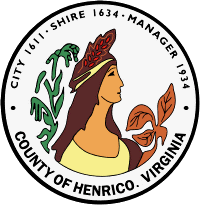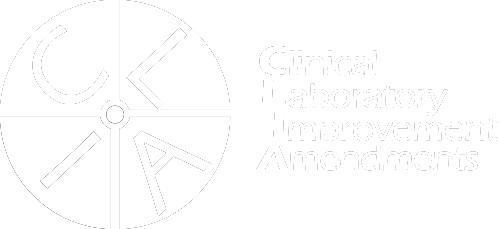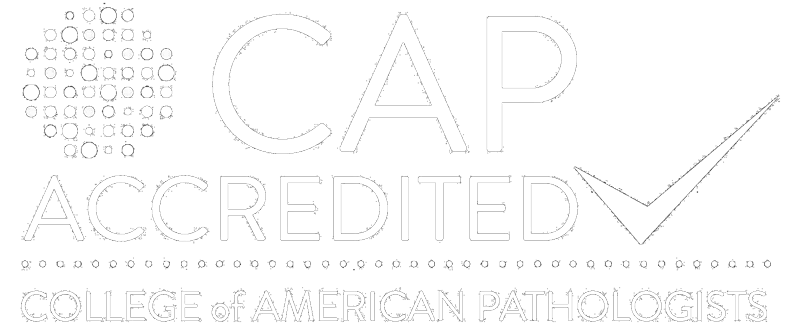
Too often, we see the results of substance use disorder: Broken families, broken hearts – broken lives.
It’s easy to get dejected, too. While attention is focused on deaths – sadly, more than 107,000 people died of an overdose in 2021, according to the Centers for Disease Control – countless more lives are impacted by incarceration, loss of jobs, loss of custody, and mental health issues, medical problems, and ruined relationships.
But amid the gloom is a way forward for those who acknowledge their problem, seek help, commit to change, and complete a rigorous program regimen founded on the NADCP’s Best Practice Standards. The participants receive supervision and treatment throughout the program phases and are held accountable with drug and alcohol testing.
It’s not easy. Anyone completing treatment court programs will tell you it’s the most challenging thing they’ve ever done.
Averhealth was honored to witness the 55th drug court graduation ceremony in Henrico County, Va, this month. This tear-jerking, tissue-grabbing, soul-bearing celebration was more than the end of a program for the seven graduates.
It was the start of a new life. An affirmation of possibility. A tangible sign that, despite the challenges of their substance use disorder, there is hope. A clean slate with boundless opportunities.
Inside the ceremony
The Hon. Judges Randall G. Johnson Jr. and John Marshall presided over the ceremony inside the county’s board room. A support team – the drug court administrator, probation officers, clinicians, specialists, and attorneys – smiled and waved as the honorees took their seats in the front row. Their parents, grandparents, siblings, and children peppered the auditorium with claps, hoots, and shout-outs.
Following opening remarks, the graduates got a glimpse of their futures when they heard a drug court alumnae tell her inspirational story of recovery and renewal. She encouraged graduates to take advantage of this gift of time to do great things. Once destitute from drug use, today, the speaker is a store manager and has founded a non-profit organization.
Then came the stars of the show. One by one, in alphabetical order, each of the seven graduates rose from their seats and walked to the podium. Drug court staff introduced each of the guests of honor and shared with the audience personal details about each graduate’s path through the program, which lasts anywhere from 12-18 months.
The graduates then spoke for a few minutes – some with notes, others off the cuff, some emotional, others shy – to express their gratitude for the support and guidance to remain sober. They shared their goals and dreams and encouraged others in the program to stay steadfast – no matter how hard they work. Around the room, tears welled as graduates talked about struggles and success – starting a job, moving into an apartment, owning a car, reuniting with children, and repairing relationships.
They spoke from the heart about the people they were and the individuals they’ve become — productive adults ready to achieve great things.
After words of encouragement from the judges, graduates received a certificate and other goodies, shook hands with many of the drug court staff that made their journey possible, reunited with their families, shared some refreshments, and filtered out of the auditorium to snap photos in the late-spring sunshine.
A few hugs later, the graduates dispersed into a society they longed to rejoin. And drug court staff, reaffirming their life-changing work, turned their attention to next quarter’s graduates.


